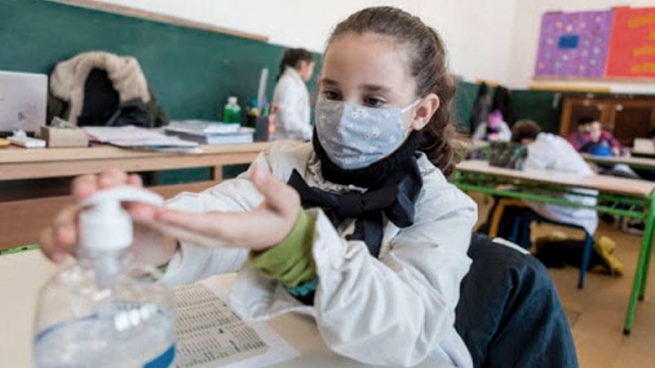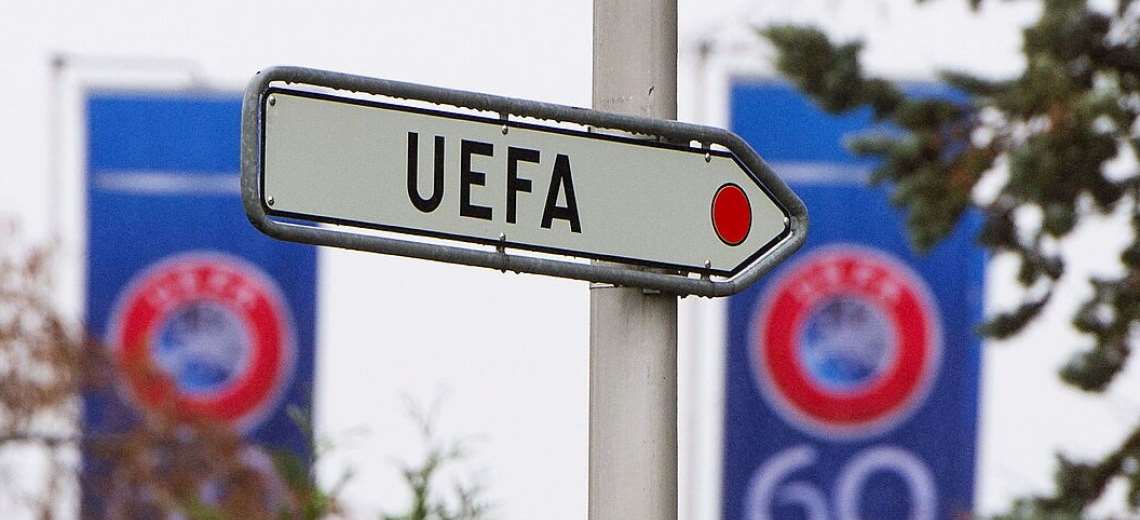The use of the chinstrap is optional starting this Thursday in the schools of the province of Buenos Airesas well as in work and recreational spaces, but it will remain mandatory on public transport because there is “a good epidemiological situation,” said the Buenos Aires Minister of Health, Nicolás Kreplak, highlighting the decrease in coronavirus cases and a “controlled” scenario in flu infections.
Kreplak argued that “The decision has to do with how the pandemic evolves over time” and graphed that during the peak of the third wave of coronavirus, which was 10 weeks ago, some 44,000 cases were registered per day, while “now there are less than 800.”
In statements to Radio Provincia, the minister also stated that “hospitalizations for this disease fell a lot throughout the province and more than 95% of the population is immunized against Covid-19”.
“When the school year began, we said it: we put on the mandatory chinstrap, we evaluate what happens when the first colds and respiratory illnesses begin and, if this continues well, we can release it. Now is the time to allow this little window for those who need it “Nicholas Kreplak
“With the arrival of the first cold weather, the circulation of new variants, face-to-face classes and without any capacity or restriction, the cases do not increase and we are in a good epidemiological situation,” Kreplak said, specifying that the early outbreak of influenza is ” checked”.
“When the school year began, we said it: we put on the mandatory chinstrap, we evaluate what happens when the first colds and respiratory illnesses begin and, if this continues well, we can release it. Now is the time to allow this little window for those who need it “, he explained.
In this context, he argued that the government has already applied vaccines in a total of 3,000 schools and detailed that “more than 80% of children aged 3 to 11 years received the first dose and more than 90% of adolescents.”
Government sources detailed to the Télam agency that the measure, which Kreplak announced last night through his Twitter account, will be formalized today through a resolution from the Ministry of Health.
The official remarked that “the chinstrap is an indispensable tool for the coronavirus, but there are people who find it very difficult to use it, or for some children for educational issues” and added that “the idea is that in class they can take it off and continuous use is not totally mandatory.
In any case, he said that “sustaining care was always the priority, but even more so in boys and girls”, for which he announced that the Buenos Aires administration will continue to provide “quality” masks in educational establishments and “monitoring the epidemiological situation” since if infections increase, the use of the chinstrap will be re-instrumented.
“We will continue to complete the vaccination schemes and carry out active surveillance so that we can sustain these measures and get closer and closer to full normality,” the minister remarked, recalling that 33,000 carbon dioxide meters were distributed in Buenos Aires schools. for proper ventilation
“The chinstrap is an essential tool for the coronavirus, but there are people who find it very difficult to use it, or for some children for educational issues. The idea is that they can take it off in class and its continuous use is not totally mandatory. “Nicholas Kreplak
He argued that with the carbon dioxide meters “we learned to do efficient ventilation and not have to open all the windows wide, which is incompatible with the cold to have a normal class or workplace.”
“We learned how to take care of ourselves from risks with the mask and with a vaccination campaign that is extraordinary. All that has been achieved allows us to take a step forward in this pandemic. A collective work was done and we are much better off,” he said.
Then, Kreplak said that “46% of the population has received the third dose against the coronavirus, of which 70% are the people most at risk, those over 50”, he recalled that “the little ones do not have a third dose” but he advanced that “soon we will return to give the second doses in schools, because we are already at 80% in the first.”
“We recommend that the population take the third dose because it is important for the Omicron variant,” the official stressed.









